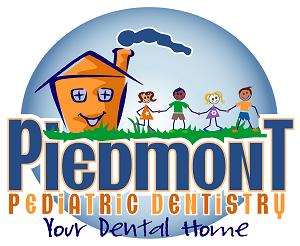 Extraction Aftercare
Extraction Aftercare
When your child has a tooth extracted, your child will be sent home with a gauze pack on the area. You will want to help your child keep firm pressure on it until the bleeding stops. You may need to change the gauze if it fills with blood. You don’t want your child to rinse out his or her mouth or spit for at least twenty-four hours because this can delay healing. After that point, your child should rinse out his or her mouth with a saltwater solution. This should be done three times a day to reduce pain and decrease any swelling.
Your child also should avoid brushing for the first twenty-four hours, but after that time, your child will need to return to brushing and flossing as normal. Your child should also eat softer foods for at least a week. You will also want your child to avoid eating foods that may get caught in the socket as it heals.
Local Anesthesia Aftercare
There are going to be times when we have to use local anesthesia to treat your children. Here are some helpful tips for the care of your children after they undergo local anesthesia. If we performed a procedure on the lower jaw, your child may complain about numbness in the tongue, teeth, lip, and surrounding tissue.
If we performed a procedure on the upper jaw, your child may feel numb on the teeth, lip, and surrounding tissue.
It can be hard to have children undergo local anesthesia. They don’t understand, and you may notice your children chewing, scratching, or playing with the affected area. You should stop them so that they don’t cause damage to the tissue.
It may take up to two hours for the anesthesia to wear off, so you need to watch your children closely during that time. You may also want to keep them on a soft food or liquid diet until the numbness goes away.
Sealants Aftercare
One way we care for children’s mouths is by offering sealants. Dental sealants form a thin covering over the irregularities in your children’s teeth. This is done to keep food and plaque from getting stuck in the indent of the teeth in order to decrease the risk of decay.
Sealants work only on the biting surface of the tooth so good oral hygiene will still need to be practiced to reduce the risk of cavities. Nutrition is also important.
After they get a sealant, it is important that your children don’t eat things that are hard because they can break the sealant.
Sealants are meant to last around three years. However, sealants that break in the first year will often be replaced at no charge.
The American Dental Association recommends sealants to prevent tooth decay. It is still important to maintain good care at home and have regular dental examinations. Limiting sugary foods and drinks is also important.
Tips to Avoid Decay
With good home care, dental care, and sealants, your children can drastically decrease their risk of cavities.
